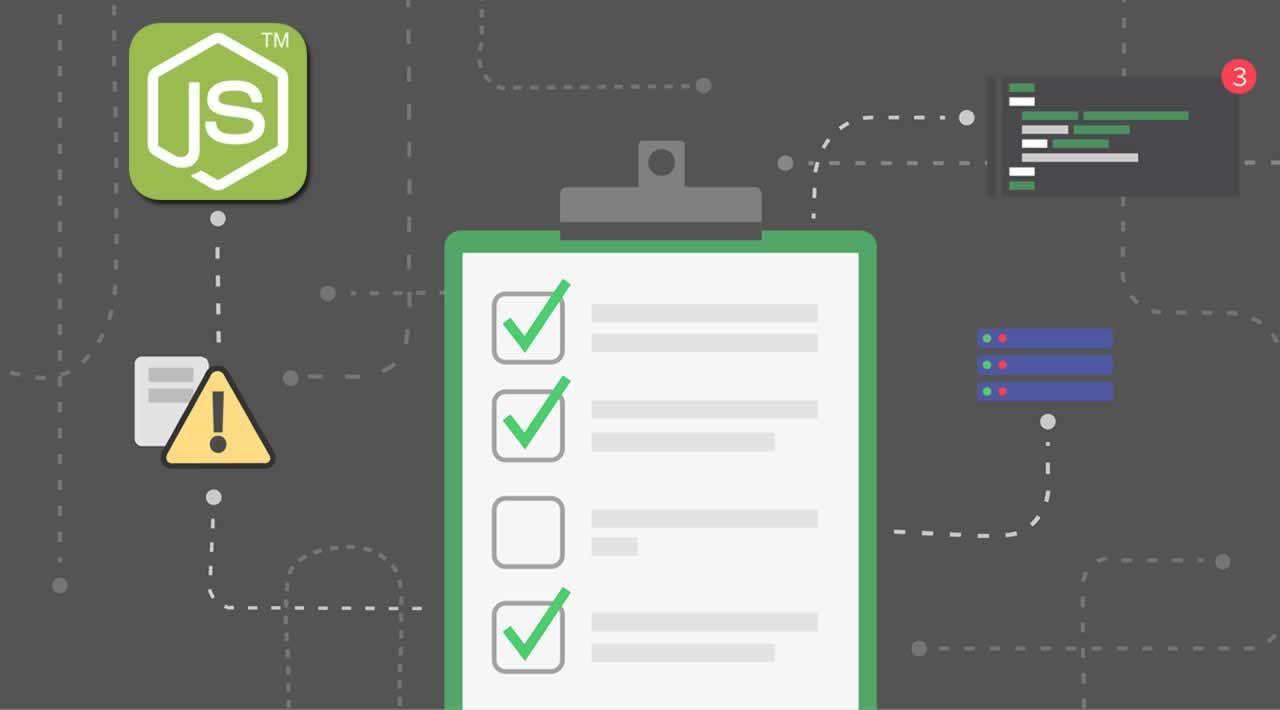The concept of instrumentation often refers to tracing where events happen in an application. Many application performance monitoring (APM) tools use it to provide metrics on the inner workings of your application. But sometimes, all you really need are details about API calls.
Adding a hook into every HTTP request your application makes will allow you to automatically log requests, monitor APIs, handle problems with failure remediations, and more. This holds true for both internal requests to your own services, but more importantly, it works with any request to external third-party APIs. Even those that use their own client SDK.
Creating a full system to manage this is a bit harder. You need a dashboard to view the metrics, storage to handle the logs, and a way to capture the data. Fortunately, the concept of HTTP instrumentation is easier in Node.js thanks to the ecosystem’s reliance on the underlying http module. Nearly every API client and request library used by node developers relies on this module.
In this post, we’ll look at the building blocks needed to add observability to every request your application makes. This means direct insight into your API calls, without the need to configure logging for each individually.
#Node.js
